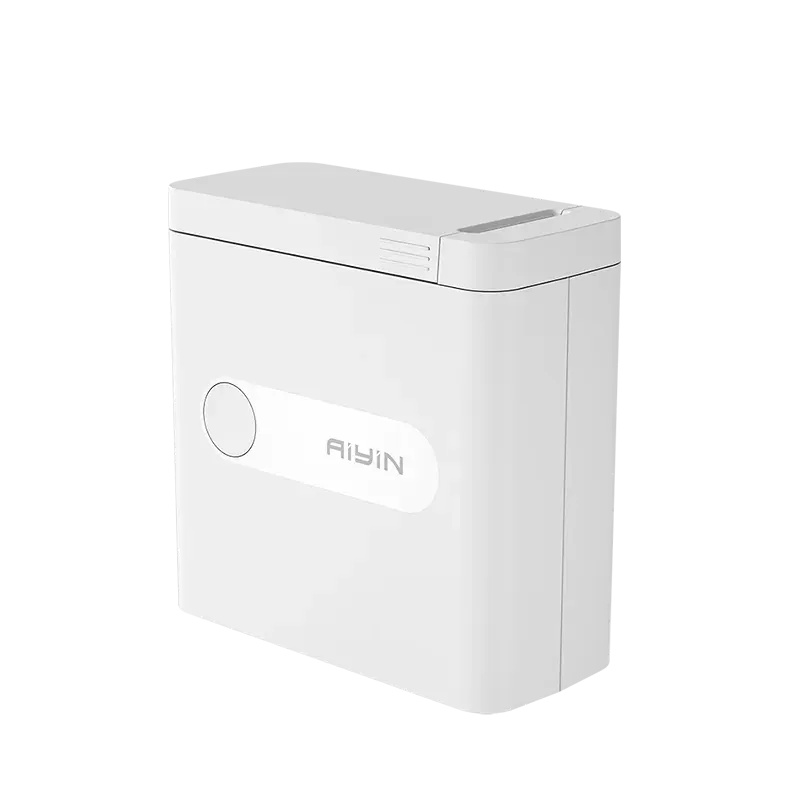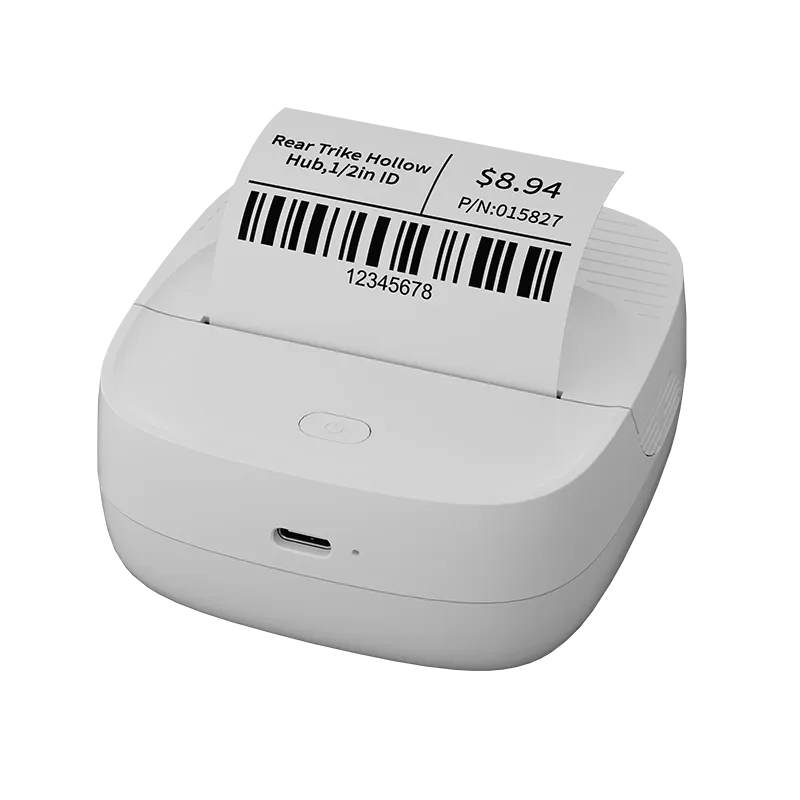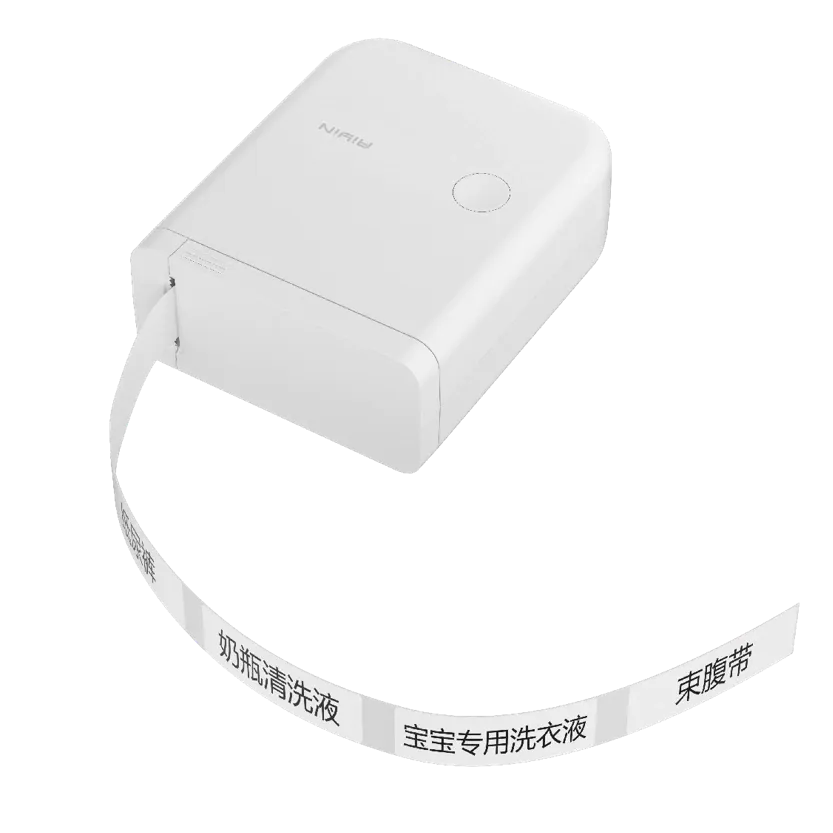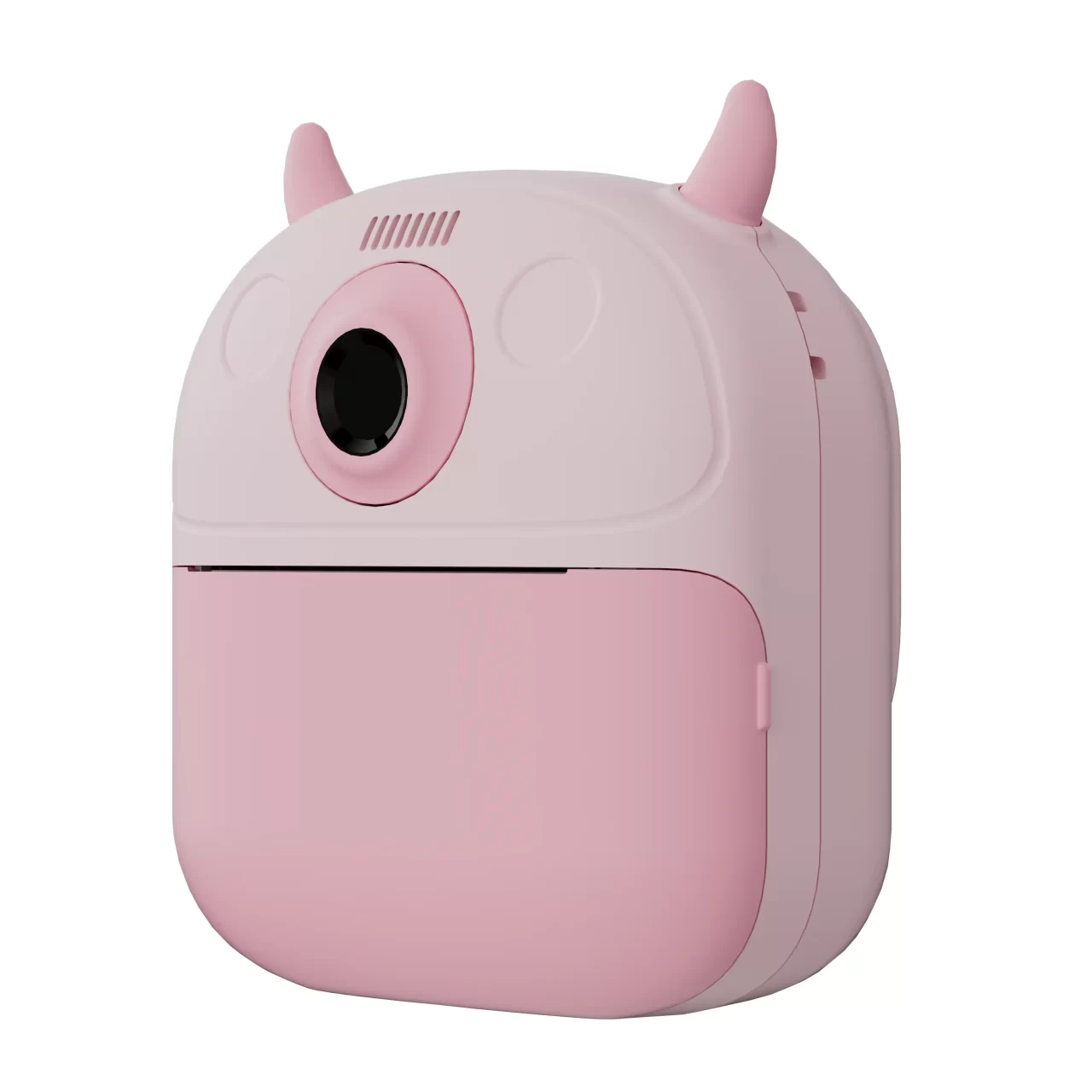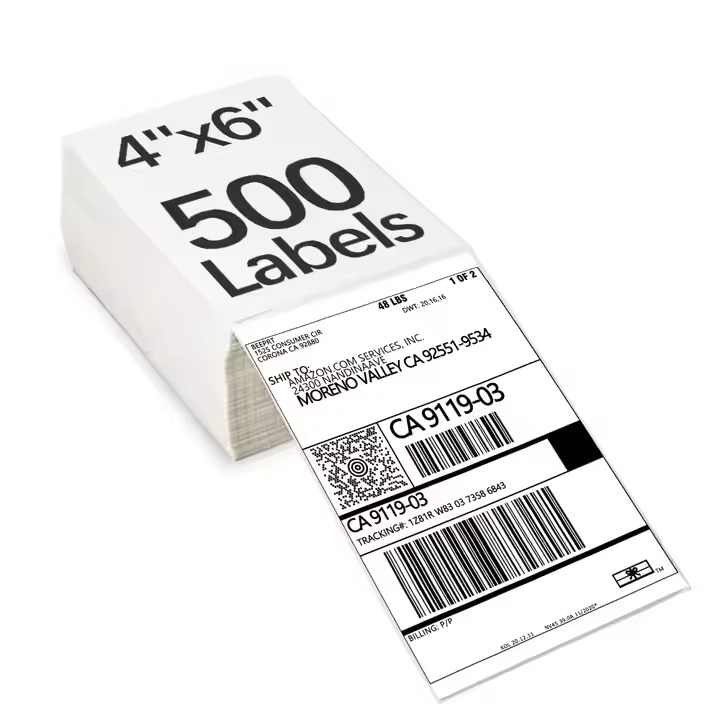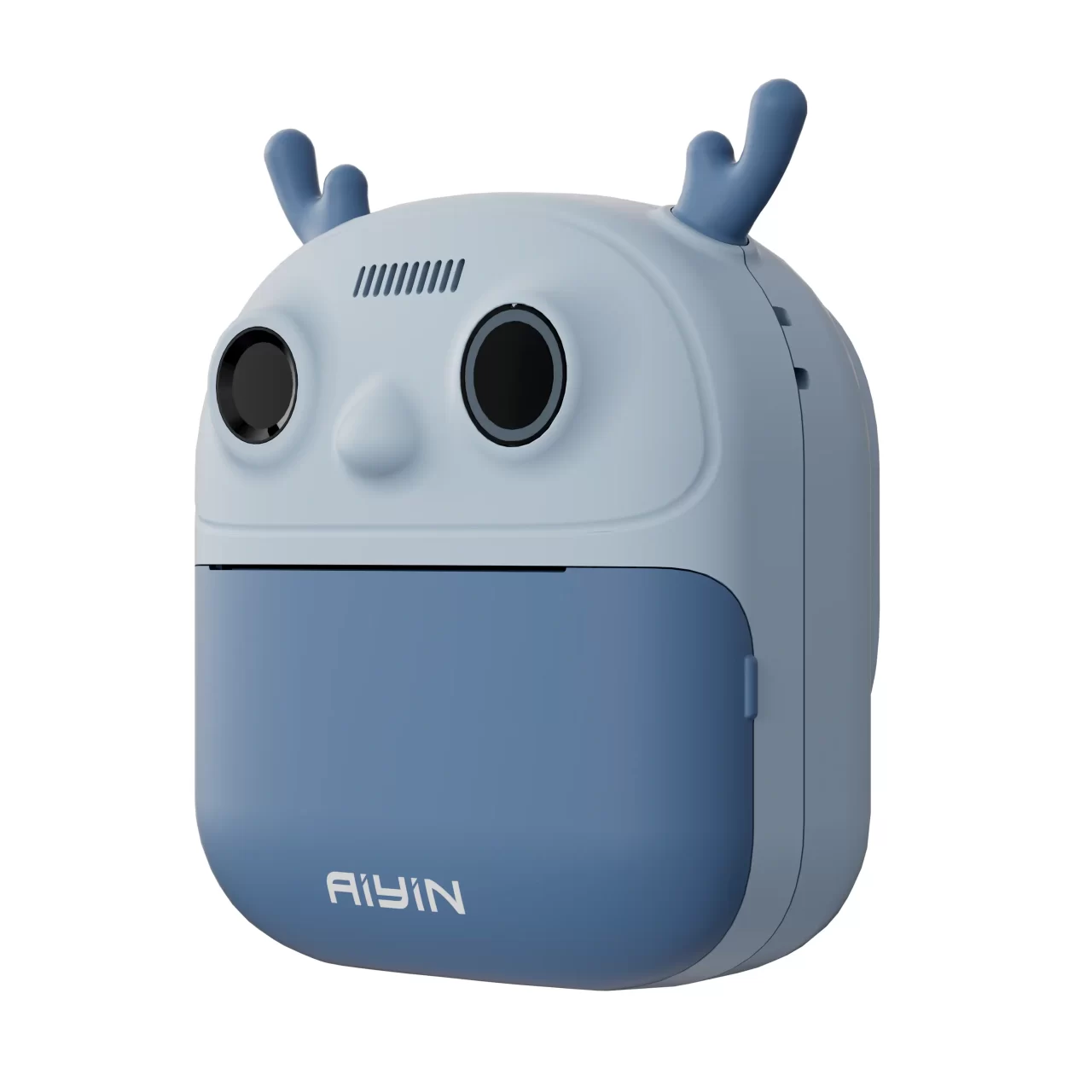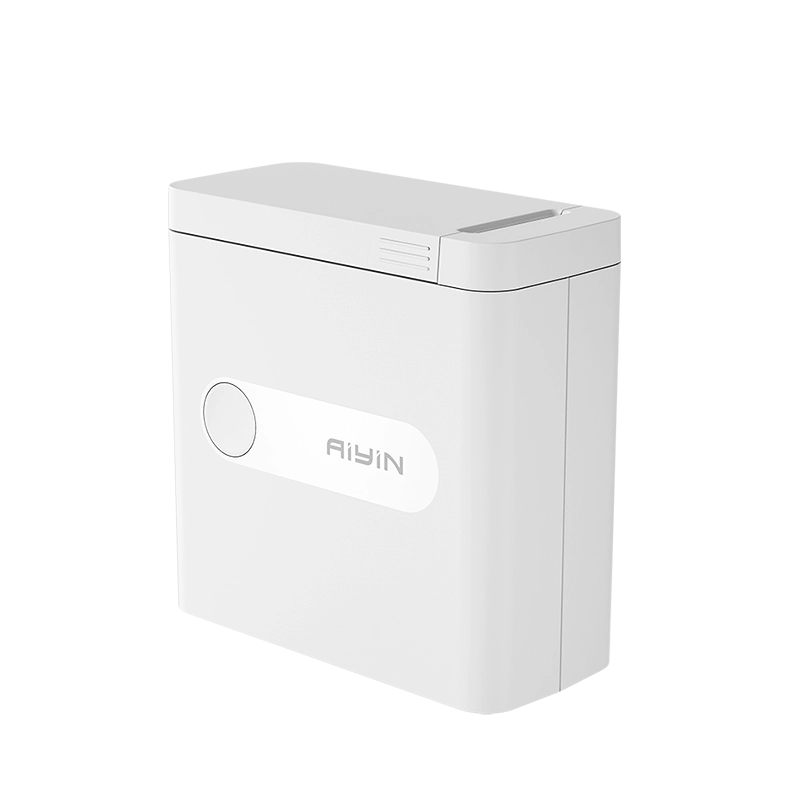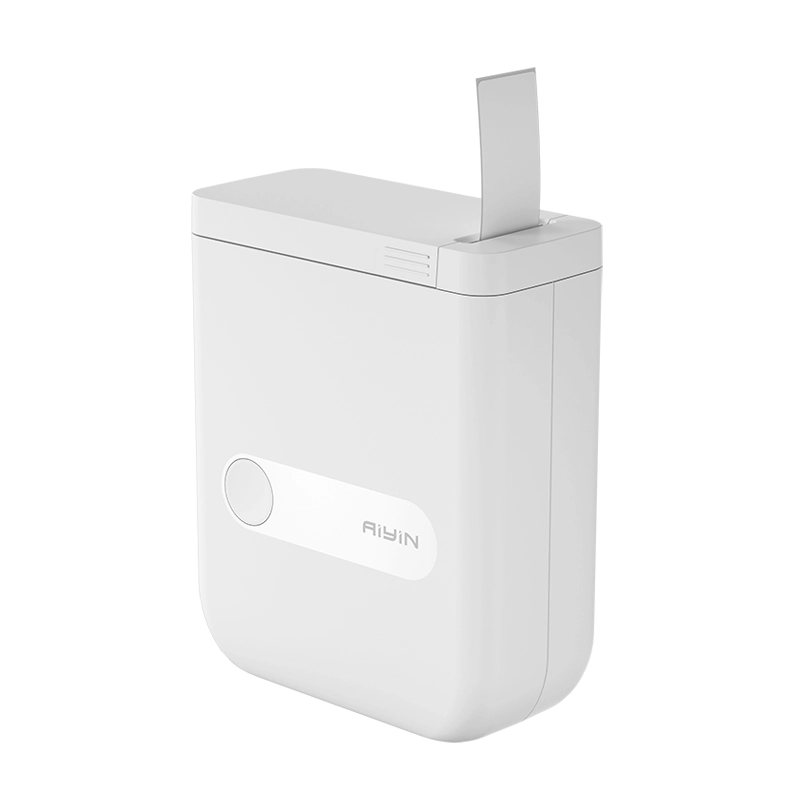A portable thermal printer puts fast, ink-free printing literally in the palm of your hand. For delivery drivers, field technicians, event staff, and retail teams, a small rugged device that prints receipts, labels, or tickets on demand removes friction from workflows — fewer trips back to the office, fewer mistakes, and happier customers.
This article, delivered by Aiyin, a leading thermal printer manufacturer, explains the real benefits, top use cases, what to check before you buy, and quick ROI tips.
Definition of Portable Thermal Printer
A portable thermal printer is a compact, lightweight printing device that uses heat to create an image or text on special coated thermal paper without the need for ink or toner. Designed for on-the-go printing, these printers are commonly battery-powered and connect via Bluetooth, Wi-Fi, or USB to smartphones, tablets, and handle terminals. Its core purpose is to generate instant, critical documentation such as receipts, labels, and tickets at the point of activity.
Key Benefits Of Using A Portable Thermal Printer
Mobility & On-demand Printing: The Core Advantage
The defining feature of a portable thermal printer is the ability to print where the work happens. Battery operation and lightweight design mean you can generate proof-of-delivery receipts, asset tags, or inspection labels immediately at the point of service. That reduces manual note-taking, prevents lost paperwork, and shortens customer wait times. For last-mile delivery teams, on-the-spot receipts cut disputes and speed up routes. For field service, same-visit documentation improves billing accuracy.
Appropriate for: Last-mile delivery, field services, retail, and inspection.
Speed, Convenience & Workflow Efficiency
Portable thermal printers warm up fast and print at work-grade speeds (30–100 mm/sec, depending on model). Because they use thermal media, there’s no ink to dry or cartridges to replace. That simplicity translates to faster transactions and fewer service interruptions. In retail pop-ups and events, mobile checkout with a portable thermal printer reduces lines and improves conversion.
Actionable metric: Track average transaction time before and after deploying mobile printers to quantify improvements.
Connectivity & Integration Flexibility
Modern portable thermal printer models offer Bluetooth, Wi-Fi, and USB, plus SDKs for iOS and Android. That makes them simple to integrate with delivery apps, mobile POS, inspection software, or inventory tools. Cloud printing is also possible for centralized label templates and analytics.
Integration tip: Pick a model with an SDK that supports your primary platform (Android/iOS) to avoid custom development bottlenecks.
Lower Operational Cost & Simpler Consumables
Many portable units use direct thermal printing technology and media rolls that are cheap, compact, and easy to stock. No ink or toner means fewer supply headaches and a smaller storage footprint. Even when thermal-transfer is needed for tougher labels, the overall consumable logistics remain lighter than full desktop solutions.
TCO note: Calculate consumable spend per 1,000 prints rather than per roll to compare true operating costs.
Durability & Reliability in the Field
True field-grade portable thermal printers are built to survive drops, dust, and moisture. Look for IP ratings, MIL-STD drop specs, and long battery life. Rugged models keep printing through real-world abuse — rain, vibration in delivery vans, or being dropped on concrete — minimizing downtime and repair costs.
Buyer tip: Require published drop and IP ratings in RFPs if purchase in bulk; warranty and a robust spare-parts policy matter for high-use fleets.
Versatile Use Cases and Business Outcomes
- Last-mile delivery: instant proof of delivery, returns labels, and payment receipts. → fewer disputes, faster routes.
- Field service & inspection: on-site job tickets, compliance labels, and maintenance records. → better documentation and faster invoicing.
- Retail & pop-up sales: mobile checkout receipts, price tags, and shelf labels. → improved conversion and customer experience.
- Events & hospitality: badges, admission tickets, and on-demand vouchers. → smoother entry and registration flow.
- Healthcare & labs (mobile units): specimen labels, visit confirmations — use BPA-free media and compliant workflows.
For each use case, the portable thermal printer drives concrete operational benefits: fewer reprints, reduced admin time, and improved traceability.
What to Check Before You Buy
- Battery life & replaceability — prints per charge and hot-swap options matter.
- DPI/resolution — 203 DPI is fine for receipts; 300 DPI for small barcodes or logos.
- Connectivity — Bluetooth for one-to-one mobile use; Wi-Fi/Ethernet for fleet sync.
- Ruggedness — IP rating, drop spec, and operating temperature.
- Media compatibility — roll width, core size, and whether you need top-coated or synthetic labels.
- SDK & platform support — native libraries speed integration.
- Accessories & mounts — vehicle mounts, holsters, chargers, and spare batteries.
Conclusion
A portable thermal printer is more than a convenience — it’s a productivity tool that eliminates friction at the edge of your operations. When you choose the right device (battery, DPI, ruggedness, and SDK), the result is faster service, fewer errors, and measurable savings.
About Aiyin
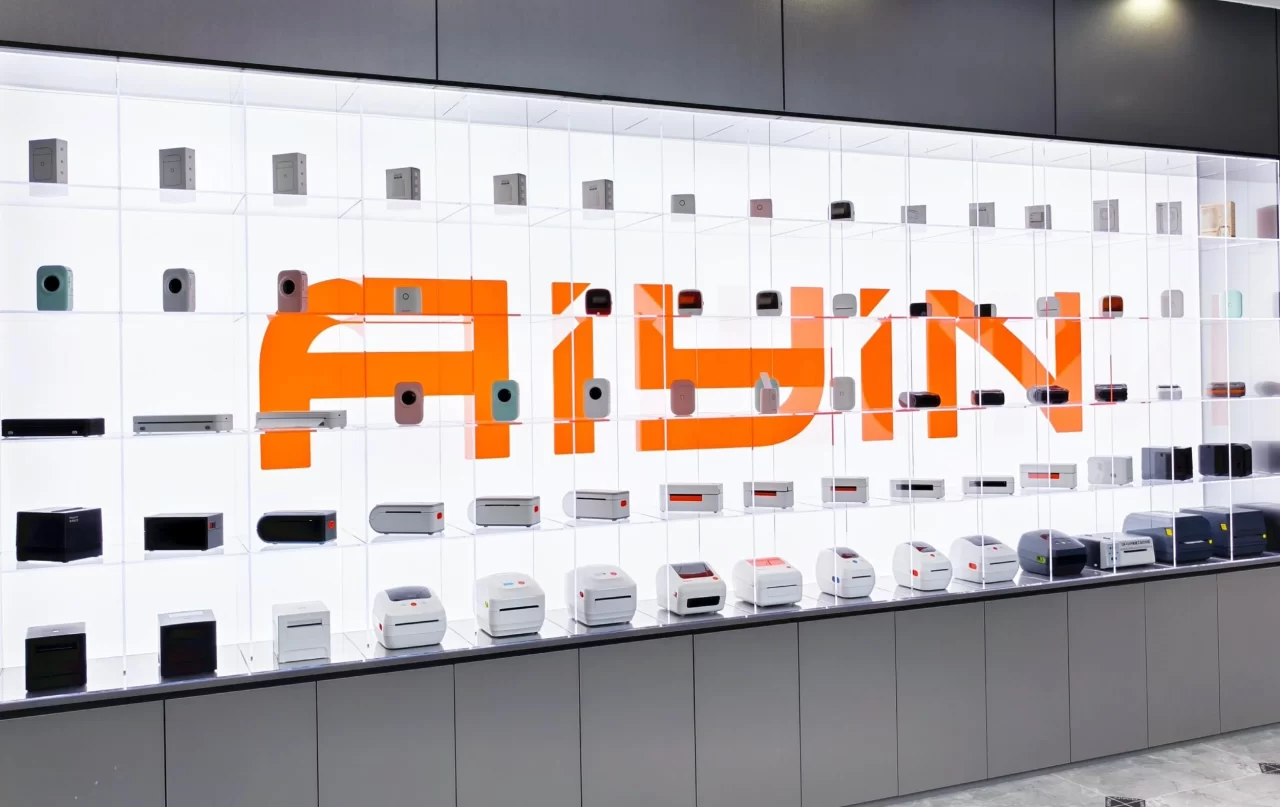
Aiyin is a leading thermal printer manufacturer whose products meet global business demands. Our product line includes portable thermal printers wholesale, designed with precision and reliability in mind. With a complete SOP system built to international standards, every unit is produced under strict quality control to ensure stable performance and consistent output. Aiyin stands as your trusted partner, who can offer custom thermal printer solutions for scalable, efficient, and dependable printing solutions.

